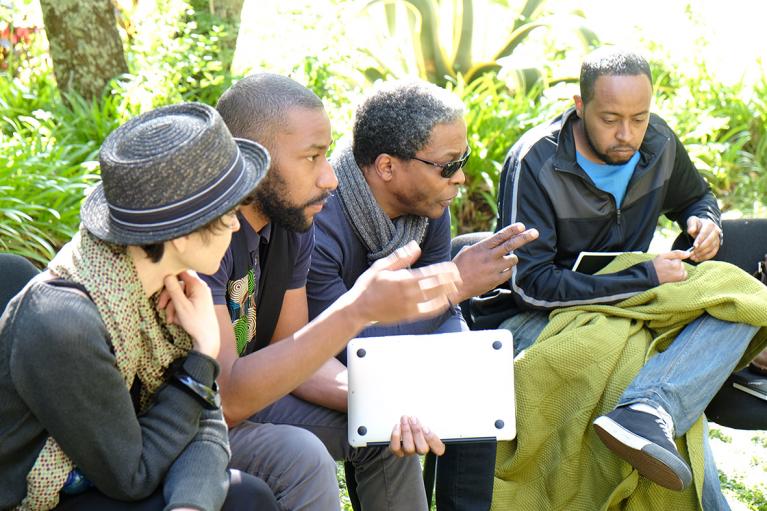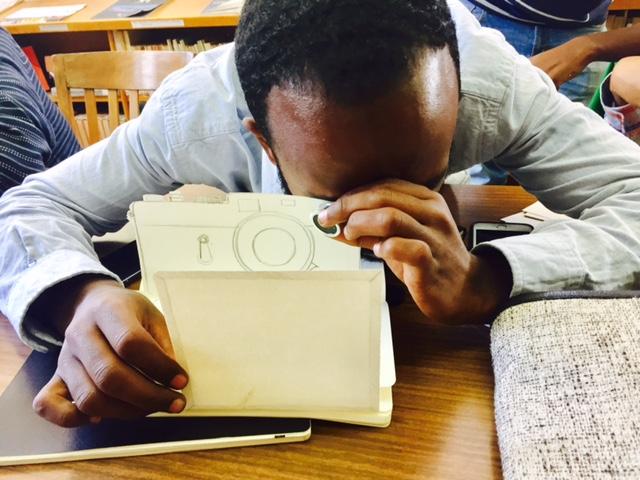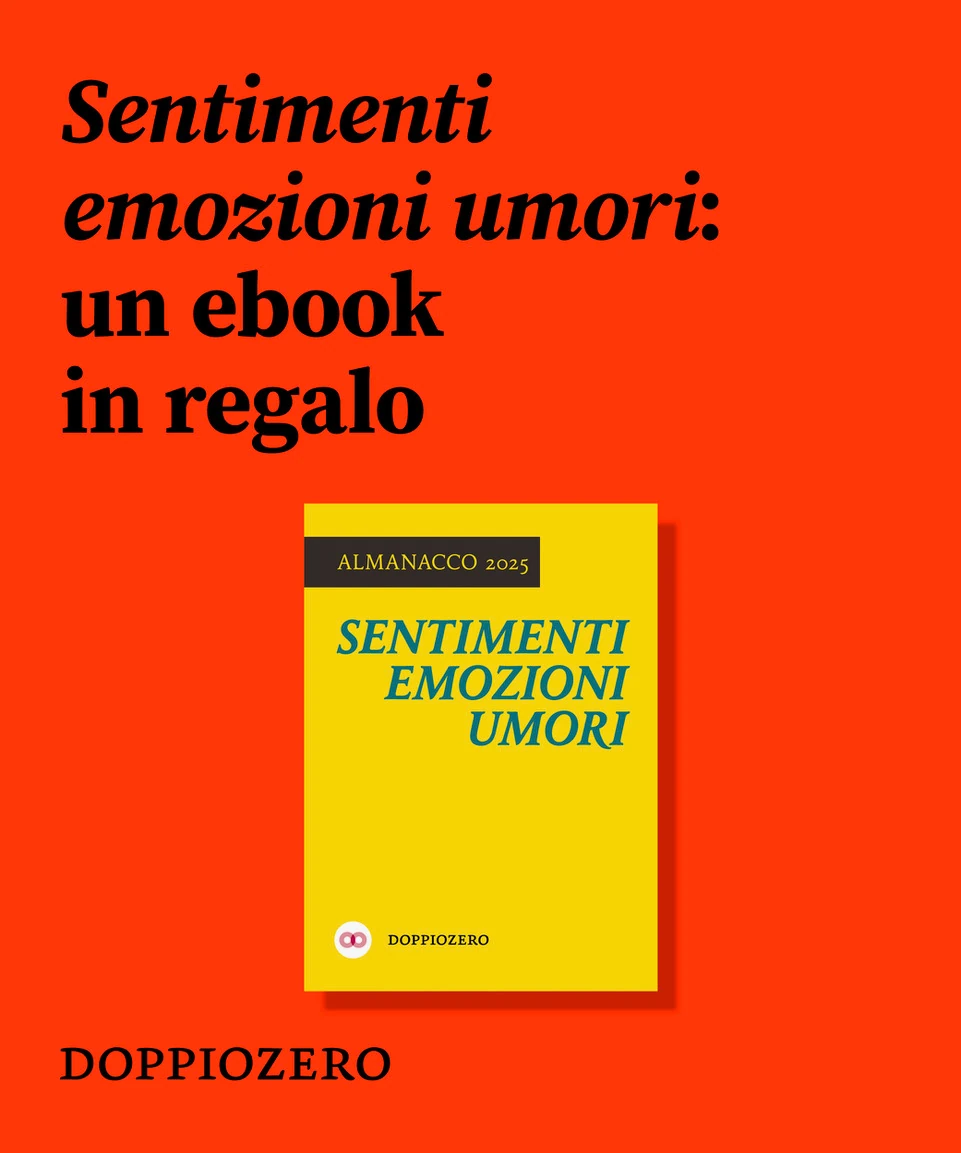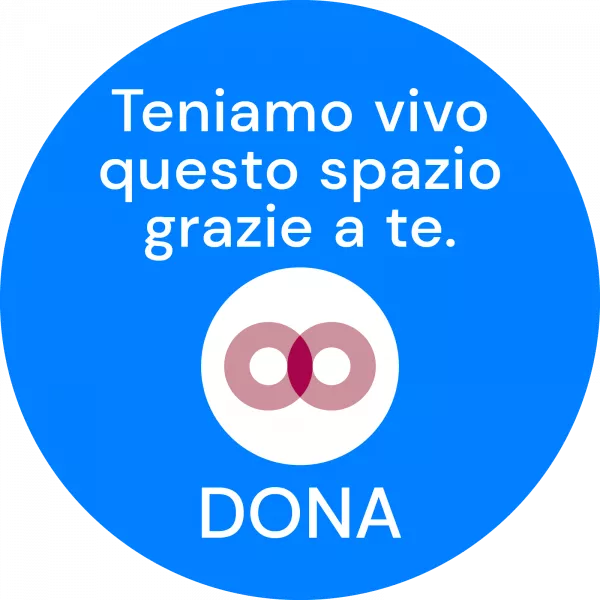Speciale
Addis Foto Fest 2016 / Citadel
At the Dak’Art Biennale in 2014 we met this small young woman with a steady determined strong gaze, a confident way to carry herself, with the energy that contaminates you and makes you want to leave everything you are doing and march in the name of her cause. Her name is Aida Muluneh. And she has a most charming smile. A talented photographer, a cultural activist, a business woman, a mother and above all, an amazing human being. Every day in her native Addis Ababa she is doing something very important, gathering a community around her, stimulating young creative talents, inspiring them with her work and brick by brick trying to build a new image of Ethiopia through culture, art and education. Read here her story of a daily journey of change that she contributed to Why Africa? a year ago.
Today, we are partnering with Aida, Addis Foto Fest 2016 and local Italian Cultural Institute to bring AtWork Addis Ababa to life. The intense 5-day workshop with 21 young local photographers, architects and visual artists has just concluded. The topic, proposed by the workshop’s leader Simon Njami was “What is home?”. The 21 stories told on the pages of the art notebooks that came out from the workshop will be on show starting on December 17th at the DinQ gallery in Addis Abeba. The Addis Foto Fest 2016 inaugurated on December 15th will be on until December 20th.
As the notebooks produced during the workshop are on show in Addis Ababa we invite you to read a text by Simon Njami inspired by the workshop experience.
lettera27
 Simon Njami conducting At work Addis workshop ©Raffaele Bellezza
Simon Njami conducting At work Addis workshop ©Raffaele Bellezza
Citadel
I did not realize when choosing the theme for this new chapter, that I would find myself trapped in the contradictions I wanted the students to confront themselves with. “What is a home?” is an impossible question for somebody who, as in my case, was born out of the traditional notion of home that, during the first day, the young Ethiopian artists unanimously expressed: a space where we find comfort, a place related to family, a place where the roots are. Here we were, facing concrete and tangible realities. Spaces that could be touched and located. If I think of a home, it is necessarily in a scattered geography. Places are mixed and interchangeable. I nevertheless associate home to an unavoidable notion of permanence. It is a space around which one builds his own personality. A space that is both inside and outside of us. Contrary to the classic and secular home, unmovable, identified, that leads back to a belonging, hence to a series of constrains, my migrant home is intertwined with the notion of freedom. This could sound contradictory since that would mean detachment instead of attachment. The Stoics philosophers had a definition of freedom that I have made mine: it is that of an absolute freedom. According to them, there is, on the one hand, events over which we have no control and that we might call contingencies, and on the other hand those depending on us. Hence, our freedom resides in our ability to abstract external events and concentrate on ourselves. Epictetus gives us as the example of Marcus Aurelius who “constructed a citadel inaccessible to troubles caused by the irrational movements of the soul: passions and feelings, that are contrary to nature.” I don’t know if passions and feelings are elements that weaken reason, but I love the idea of this citadel inside which I could avoid the influence of the movements of the world. It is in this citadel where resides what I could call a “home”.
 What is home At work Addis ababa ©Raffaele Bellezza
What is home At work Addis ababa ©Raffaele Bellezza
With the support of








